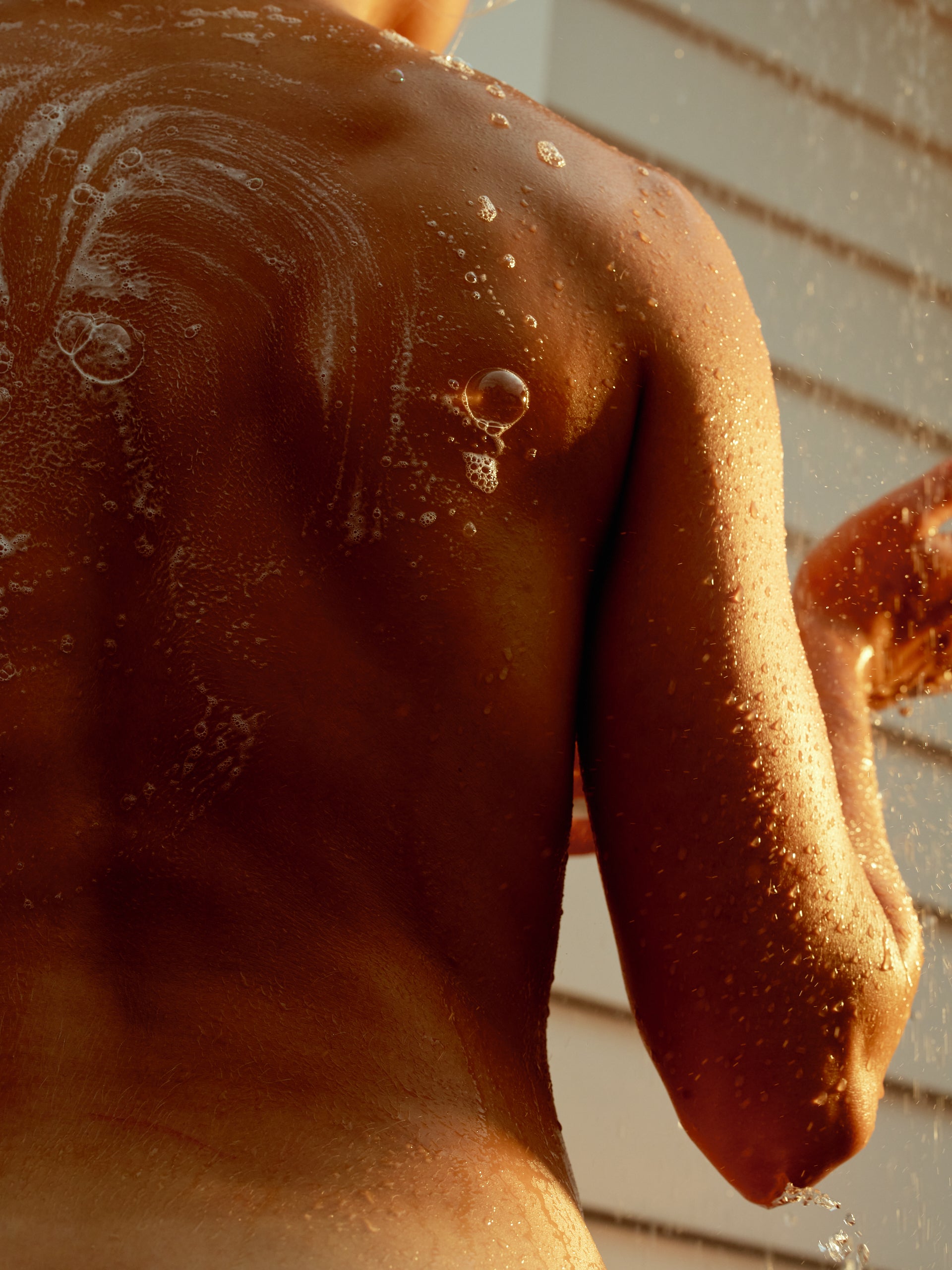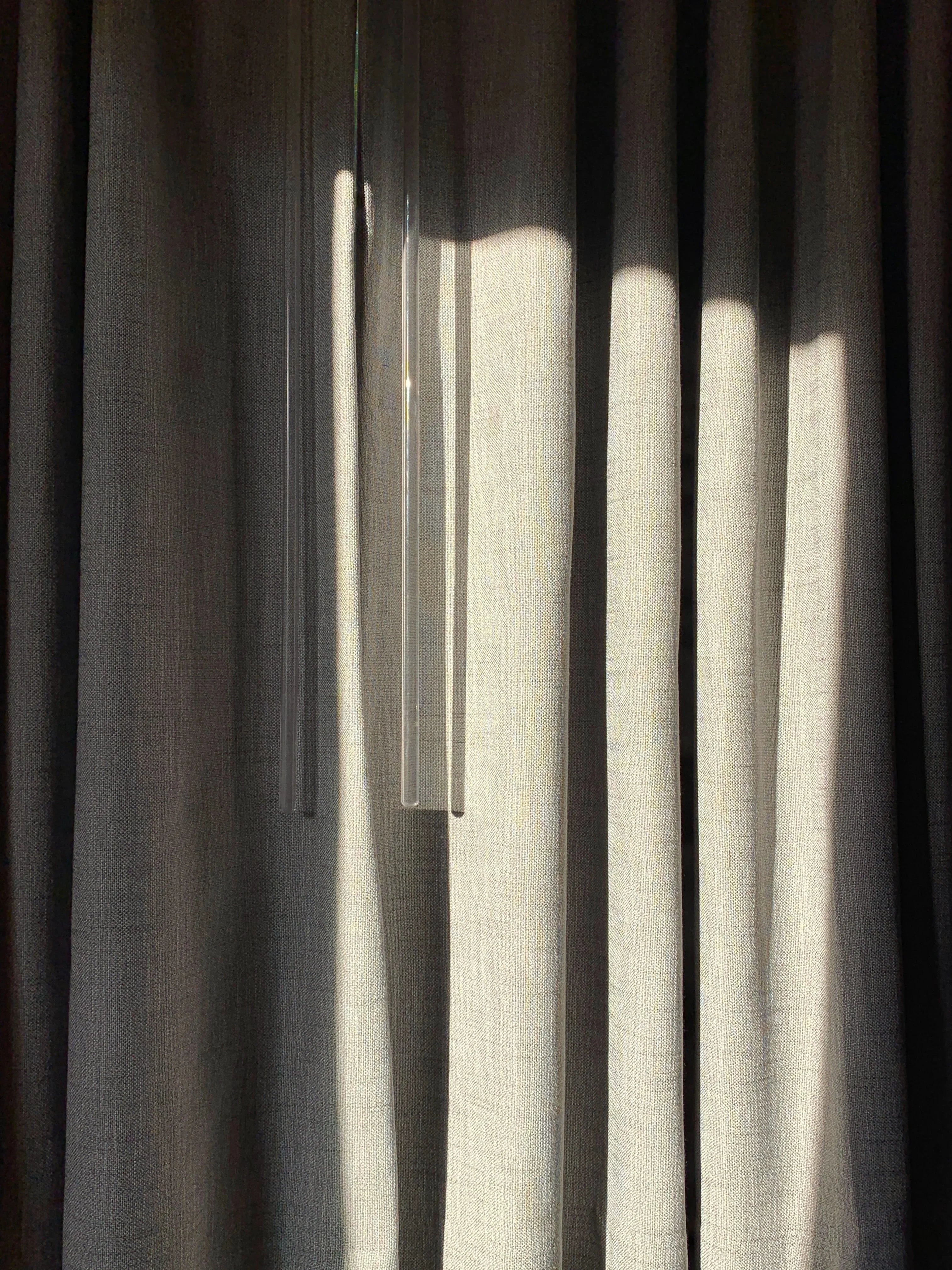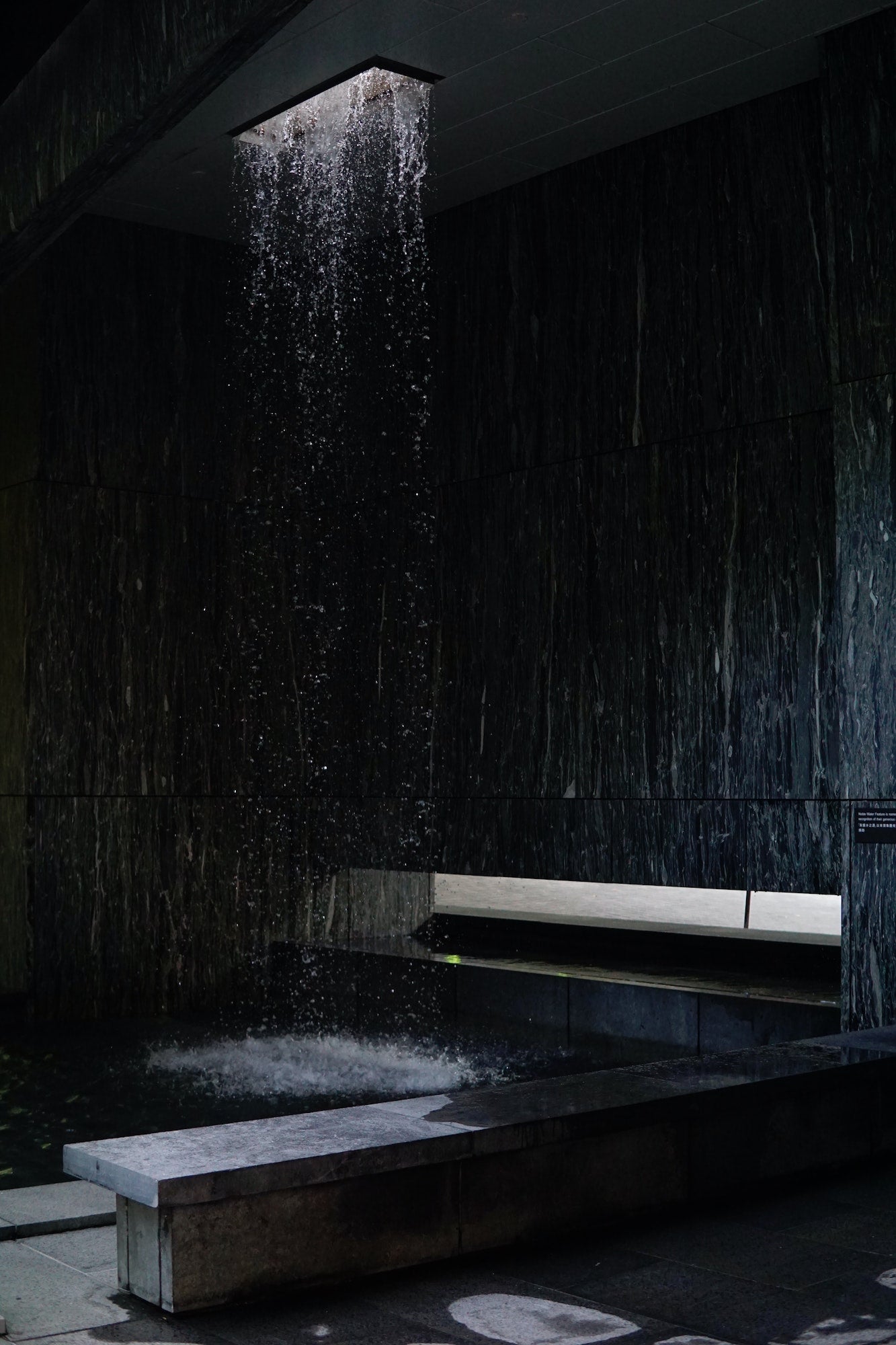The power of ritual for building intimacy.

transforming everyday rituals into moments of connection.
Intimacy is an artform, and all artforms are improved upon and encouraged through ritual. Many well known artists leaned heavily into ritual at the height of their careers; Frida Kahlo was meticulous in her grooming, for example, and Beethoven had a regular exercise routine. And while we can’t prove whether these routines led to a profound connection with their work, we know from letters and journals that the artists certainly believed in their significance--and what is connection without a belief in one’s ability and readiness to connect?
Intimacy is the art of opening oneself up, and being able to receive the openness of another. This means we must prepare ourselves to be open, in the same way a painter opens themselves up to their own creative abilities--if they painted from a place of fear, judgment, or uncertainty, the finished product would be shaky and restricted.
Ritual provides a bit of protection against life’s uncertainties and distractions, both internal or external. Ritual also encourages our brains to form habits around certain actions, which reduce the mental work required to achieve a task. One popular ritual in relationships is the “date night,” which is often a means of keeping the “spark alive” in a relationship--the date night is built into a schedule so that two people make a shared agreement to prioritize intimacy. This shared agreement makes it safer and easier to open up.
But date night shouldn’t be the only ritual of intimacy in a relationship, else we risk relying too heavily on activities that are outside of our everyday lives, and begin to associate the day to day as less passionate, or banal. As the great artists have demonstrated, there is power in treating our daily habits like tools for connection, and taking extra care to prioritize them. Here are a few ways you can add ritual to your daily life:
Shower and bathe together
Showering and bathing together may be second nature to a new couple, who often has an insatiable drive to maintain physical contact. But, overtime, co-washing may evolve into a less intimate means of saving water, or it may cease completely, whether that’s due to scheduling conflicts or each person’s desire to occupy the spot beneath the hot water.
But, if showering and bathing together is still interesting for you and your partner, there are many ways to “reignite the spark” of getting clean. You can make the experience more intimate by way of bath salts and aromatic body washes, for example, or you can try your hand at mutual shaving, rubbing one another with oils and engaging in low-risk razor play.
Massage regularly
Not every massage needs a happy ending. Ritualizing massage can be a means of normalizing and encouraging non-sexual contact. This can help take the pressure off sex, which, in some cases, may be serving as a subconscious barrier to sexual connection.
Massaging is also a way to talk to your partner about your own stress--you can explain where you hold tension in your body, where you’re feeling sore, and why you might be feeling this way. Then you can allow your partner to help you address it, and vice versa.
The best thing about massage is that it only requires your hands and your attention, but, if you’d like to make the experience ceremonial, you can add music, candles, and oils.
Mutual masturbation
Mutual masturbation is a way to share the ways you like to pleasure yourself with your partner, which is an incredibly vulnerable act, and one that can make sex more dynamic and connected down the line.
There is no guidebook for this activity--you can watch your partner and enjoy being watched, or you can hold a toy or a hand to your partner, and allow their expressions of pleasure to guide you. You may even want to try achieving simultaneous orgasm through teasing and experimentation, which takes a great deal of focus and teamwork.
Tech-free time
Smartphones have had such a profound impact on in-person interaction that researchers have created the term “phubbing” to describe the act of ignoring someone while looking at your smartphone. They’ve even gone as far as creating the Generic Scale of Phubbing and the Generic Scale of Being Phubbed.
Focus is a skill in the digital age, as well as an effective method of foreplay. Being ignored breeds resentment, while being listened to fosters intimacy and connection. By ritualizing tech-free time, a couple ensures they’ll be 100% focused on one another at some point during the day or week. This might even reduce tensions around technology use in general, because both people know they have time designated for one other, where intimacy is the only order of the day.



